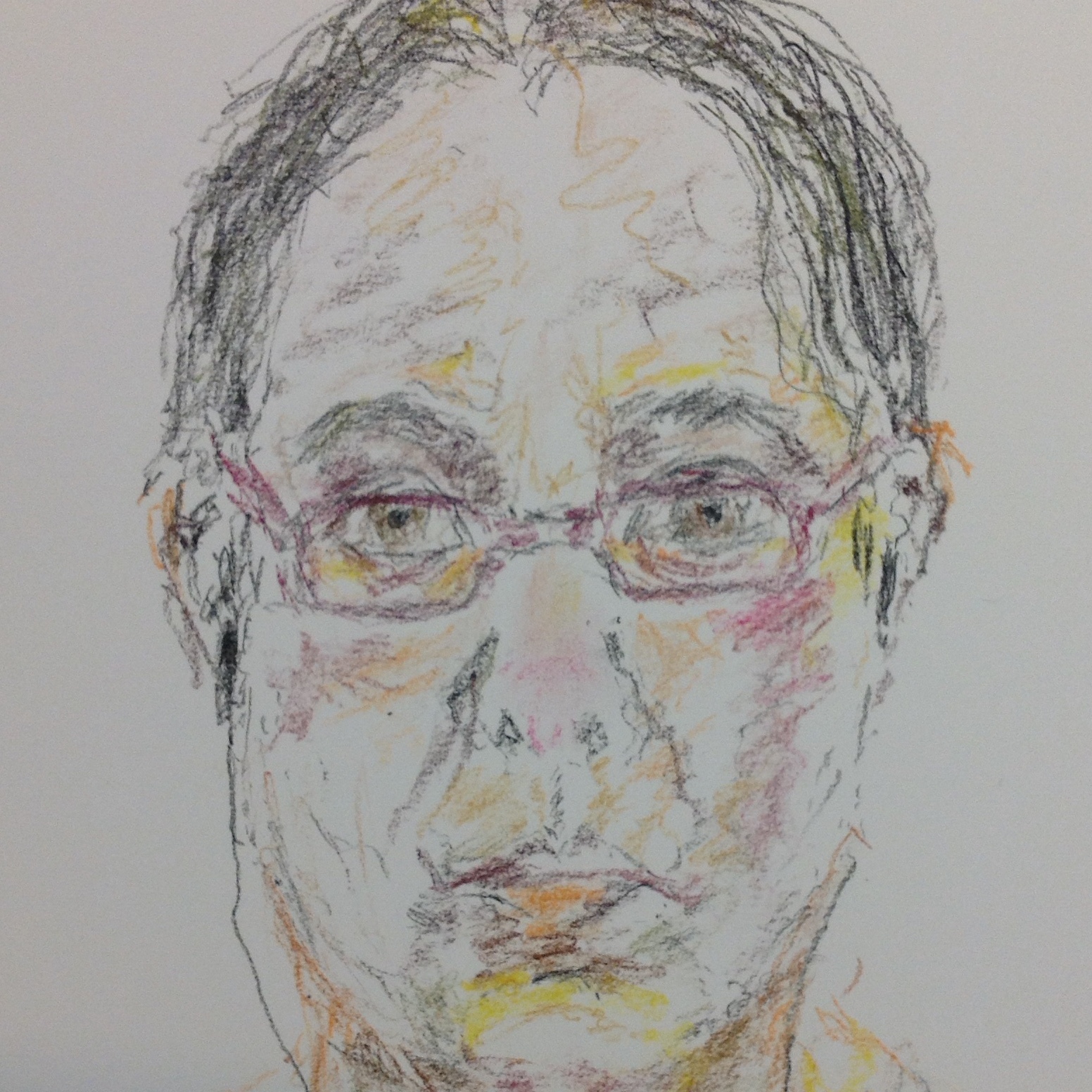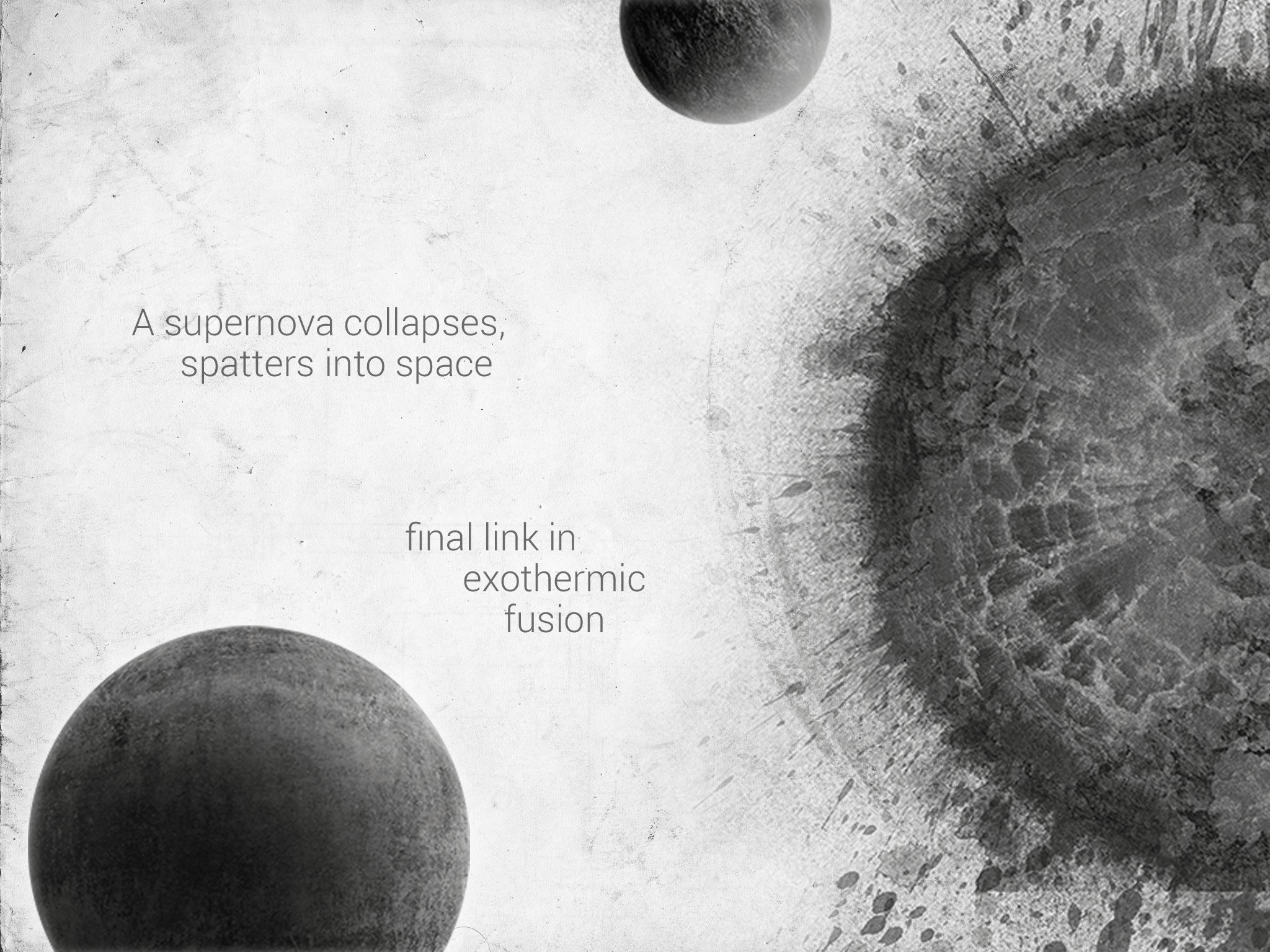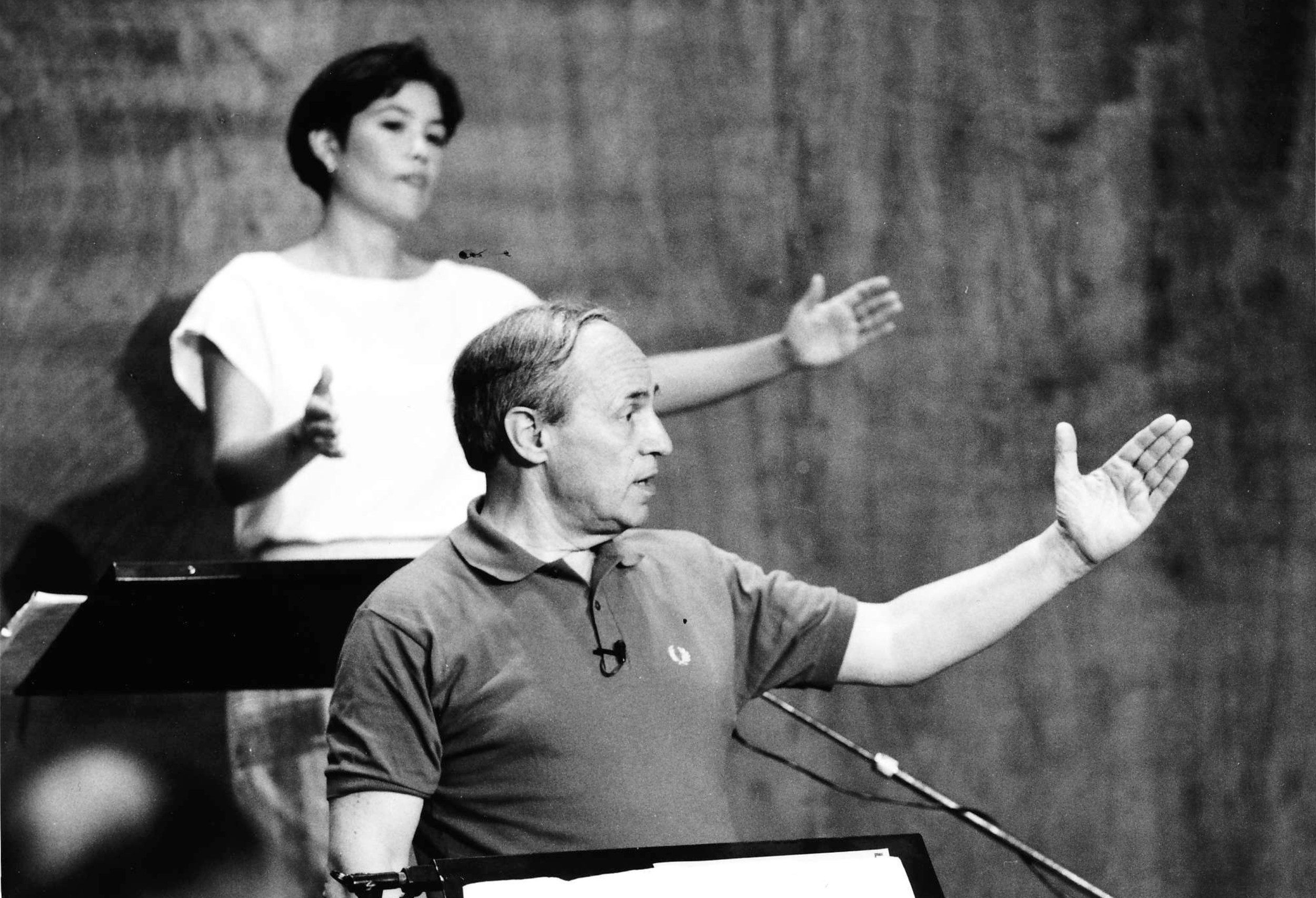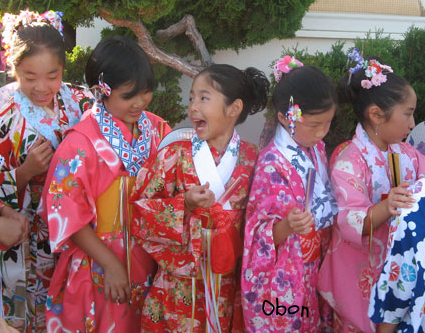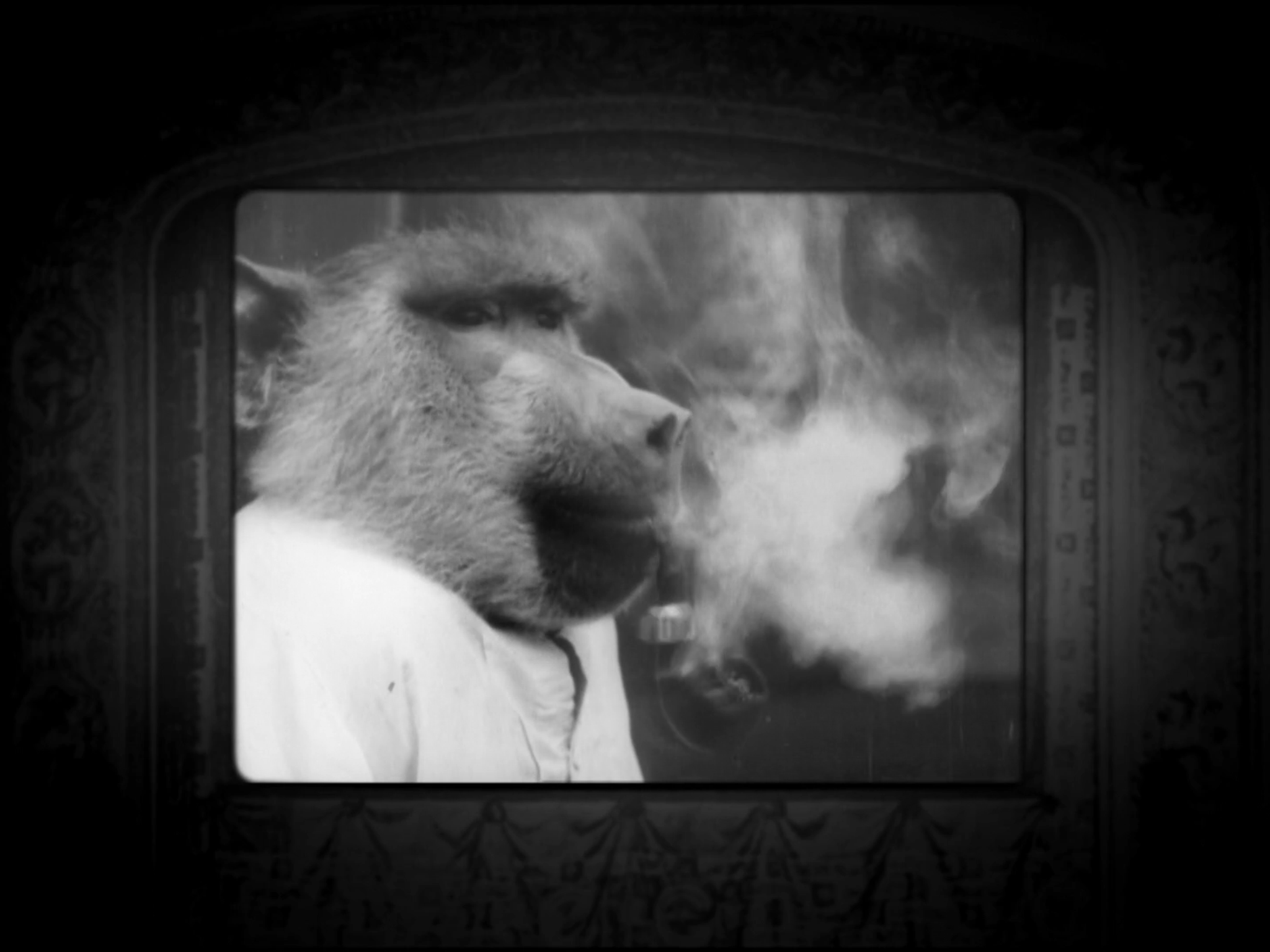Almost a year has passed. What happened?
From my current vantage point, I would say I was taking care of a lot of old business. The latest black hole I fell into began with my eye surgeries around September 2014. From then until April or May 2015, I could not see properly. At the same time, migraines and other pain continued undiminished. I began to wonder if I would ever recover. I started a pain management offensive. I utilized drugs, exercise, massage, physiotherapy, homeopathy, extreme diet changes, mindfulness training, relaxation techniques, CBT-Insomnia...
Back in 2011, I had received disabled status from the American, German and Austrian governments (from which I draw enough 'benefits' to land under the subsistence minimum). Ever since then, I reduced my activities. And yet, my pains continued to multiply with no end in sight. My energy was not coming back. I mourned its passing. My pain was unmanageable. I was depressed.
So when the lastest 'black hole' arrived in November/December 2014 and continued for months, I figured it was time I prepared to die or become a complete invalid. I began to investigate retirement homes with care units. Prices for the smallest units were sky high, and I had no idea how I could reduce my library of books, scores and recordings. I counted. Perhaps 7000. I began to realize how unprepared my husband and I were for worst cases.
But I finally got a diagnosis for my body pains (skeletal fibromyalgia) and new meds, my pain management efforts began to show results, things gradually improved. In June I began to prepare for a visit from friends from overseas and planned a little party for them. I was getting better.
Then I had a tiny memory lapse. I forgot to turn off the hose I use to water my balcony plants, I only closed the nozzle, and went off to the gym. When I returned, I opened the door of my apartment, looked inside, saw a strage view and thought: Why does my apartment now look like it has a highly polished marble floor? Reality spun around me as my brain searched for an explanation. I advanced a couple of steps. Into a puddle of water.
I don't know how many seconds it took me to realize that in my absence, the water hose had burst and water had flowed over the entire floor of my apartment for hours. (I was soon to find out the water had flowed into/onto the apartments below.) I saw electrical appliances (computer) and extension cords lying on the floor and had the presence of mind to turn off the mains. I sought and found the help of my neighbors. And I grappled with the repercussions of the flooding for the next 7 months until the end of 2015.
On Dec. 23rd, I had my last massive migraine. A few weeks ago, I finally began to think again about writing. Last week I had a migraine.
I would say, I have about 1/5 or 1/6 or even 1/7 of the energy I once had. This loss of energy came quite swiftly. When my doctors used to tell me they wanted me to 'maintain functionality', I came to understand they meant: Just keep getting up and cooking your breakfast and washing your clothes. Otherwise it's the institution for you. On good days, I can work for 2-3 hours. More than that provokes a migraine and/or attack of fibromyalgia.
In 2016, my vision has finally become stable. For the last year, I've had seven pairs of glasses in active day-to-day use. (I've abandoned around ten.) In near-field vision, I can focus an area of 5-10 inches. Beyond that, I need the next pair of glasses. Last week I got a new pair of glasses -- bifocals -- reducing the number to six. My goal is to have three pairs of bifocals and one pair of bifocal sunglasses for driving. That would bring me down to four. (Unfortunately, progressive power lenses don't work for me.)
My eyes are what they are. My energy?
My explanation is that I spent 60 years living as several, about a dozen of me. I rarely slept. At night, I simply became another person and lived another life. I moved to another country, spoke another language, started a new career, became another person. Burning the candle at all those ends for all those decades burned up my life's energy.
In addition, overcoming PTSD and integrating my dissociated selves demand energy of me now: re-wiring the brain (cognitive) plus behavioral changes -- trying to re-wire fight-or-flight reflex (hypervigilance), consulting selves, overcoming nightmares, not running around madly, learning to deeply relax, removing threats from the future. After going through the pain necessary to integrate the dissociated parts of self, there is mourning. Mourning for all that wasn't possible due to crazy way of living. Mourning for all that won't be possible due to age and loss of energy. Deep mourning.
After that (hat-tip to Elisabeth Kübler-Ross): recognition of finitude and acceptance.
As boomers die, we want to read books about dying. Oliver Sacks' "Gratitude" and Paul Kalanithi's "When Breath Becomes Air" most recently.
I'm going back to the old farts. That's right, my last blog post. Günther Grass' last book. Simple, unadorned, cuttingly direct. "Vonne Endlichkait". Besides: Boulez demeure...


























